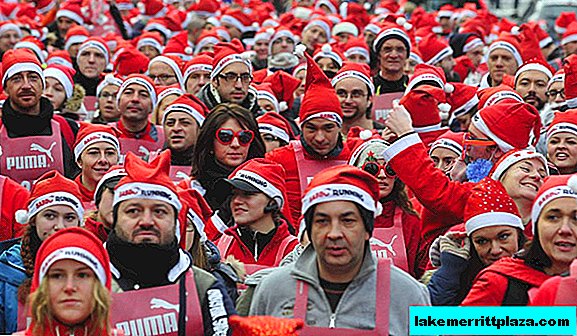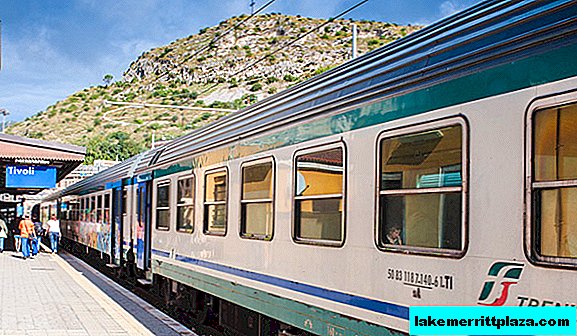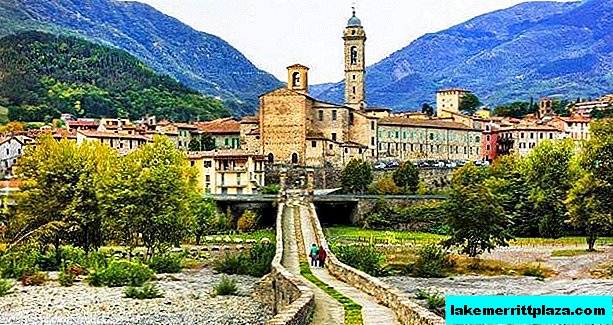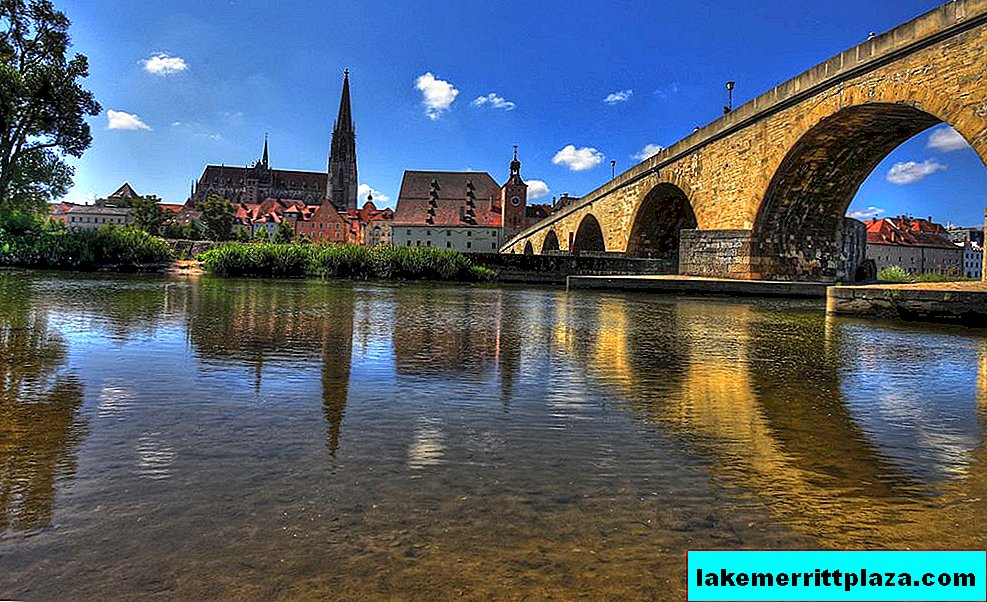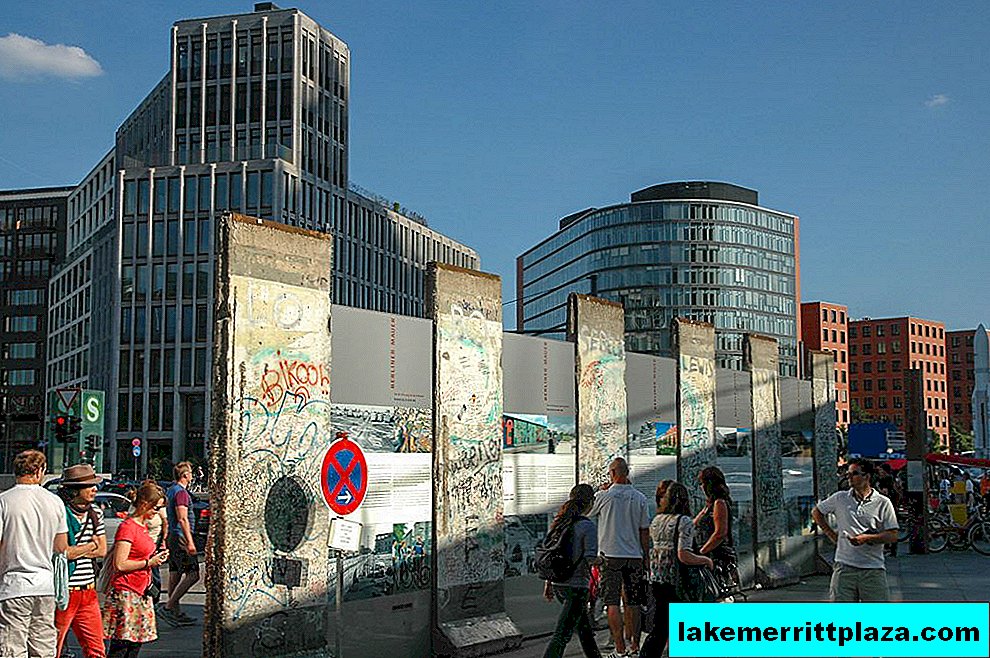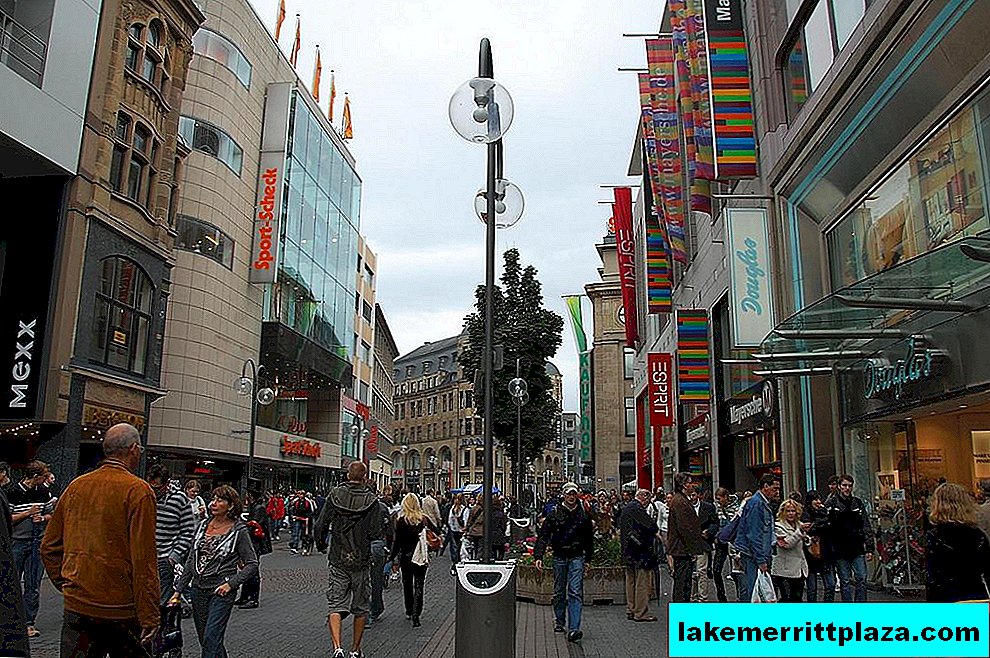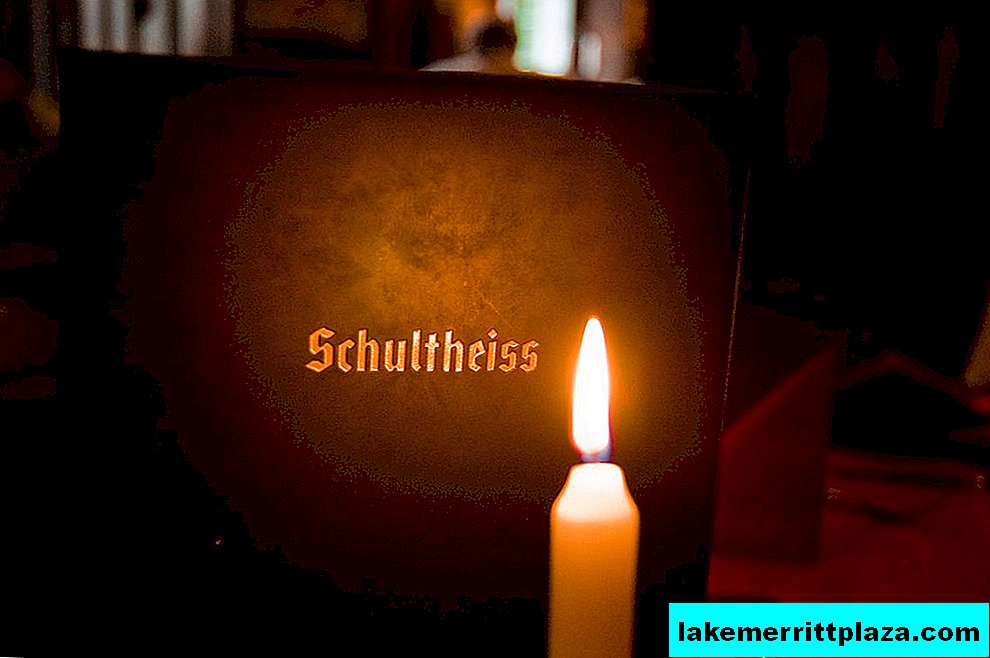The Revue Theater Friedrichstadtpalast is colorful, musical, fantastic. Talented artists, magnificent costumes and scenery, stage transformation make the show one of the best in Europe. I advise you to visit if you are in Berlin!

Friedrichstadtpalast - the famous musical variety show in Berlin, photo CamelKW1
The building in Berlin, which cannot be ignored, is the majestic ensemble Friedrichstadt-Palast, which attracts with its bright wall cladding, screaming with a bright pink neon sign. Friedrichstadtpalast is the largest review theater not only in Germany, but also in Europe. The place for him was not chosen by chance - Friedrichstrasse Street has been the "entertaining" artery of Berlin for a hundred years.
Building
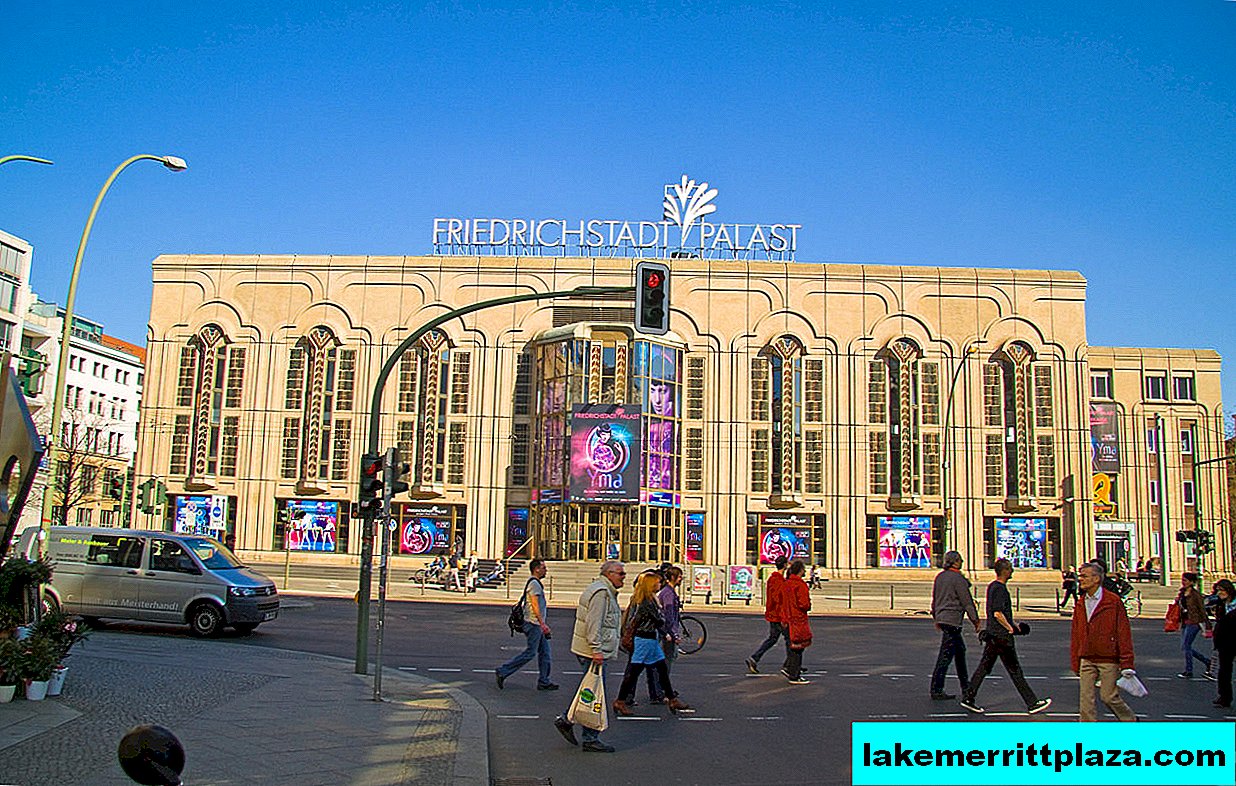
New Friedrichstadtpalast building on Friedrichstrasse, photo by Rudi Daugsch

Revue Theater in night illumination, photo Friedrichstadt-Palast Berlin

Interior, photo Friedrichstadt-Palast Berlin
The revue theater complex appeared in the 80s of the XX century at the place where once there was a covered market, reconstructed in 1873 into a huge circus. Later, in 1919, the Bolshoi Drama Theater appeared on the site of the circus, the architecture of which was no less catchy and inviting than the current building. The building was decorated with a majestic dome with a colonnade, crowned with stalactite. By the grand opening of the theater, the famous Austrian playwright Max Reinhard set the tragedy of Aeschylus “Oresteia”.
Unfortunately, during the Second World War, the building was significantly affected by the bombing, and it was impossible to completely restore it. Therefore, in 1984, the building of the Drama Theater was decided to be demolished, and in its place to build the current grand ensemble.
Stage and auditorium





The main hall of Friedrichstadtpalast is able to accommodate up to 2000 people. He has a wide range of technical means so that during the performance the stage can be transformed into an arena, ice rink or pool. Here, performances of grandiose gala concerts are held, which combine ballet, musical, circus with spectacular special effects. Everything on the stage moves and shimmers. The fantastic production and professionalism of the artists make this show an unforgettable sight!
On the stage of Friedrichstadtpalast there are solemn presentations of national music and film awards. In the basement there is a smaller hall for small chamber performances, which, however, are no less popular.
How to get there
Take the U6 line underground to Oranienburger Tor Station.
How do I save on hotels?
Everything is very simple - look not only at the booking. I prefer the search engine RoomGuru. He is looking for discounts at the same time on Booking and on 70 other booking sites.


